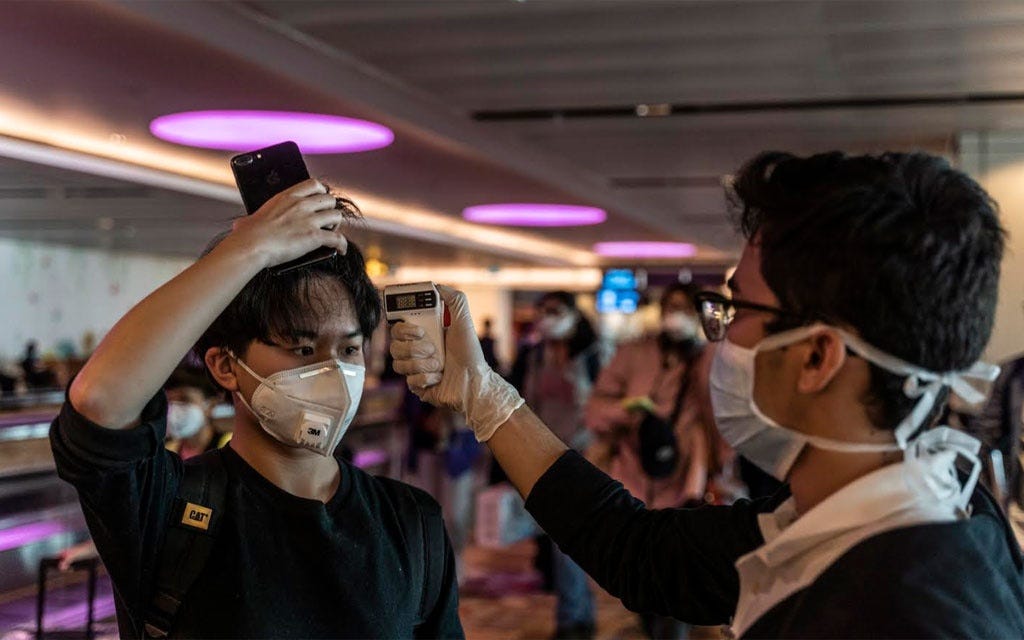Singapore Confidence Exposes Hong Kong’s Failure in Health Crisis
Fearing Beijing, SAR’s government waffles into incompetence

Once upon a time, Singapore and Hong Kong were reckoned to have equally efficient governmental systems, among the best in Asia, able to respond quickly and without prompting to new public health and other challenges. They were assumed to have contingency plans and stockpiles of materials. In the case of Hong Kong, having been at the epicenter of the SAR…
Keep reading with a 7-day free trial
Subscribe to Asia Sentinel to keep reading this post and get 7 days of free access to the full post archives.

